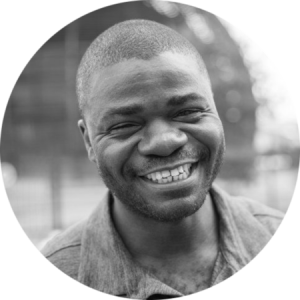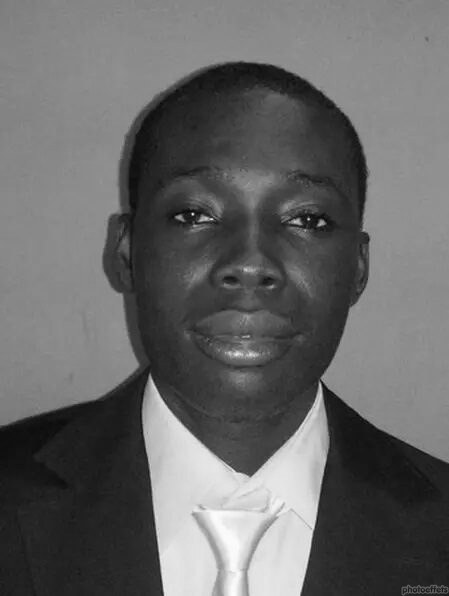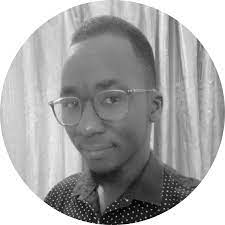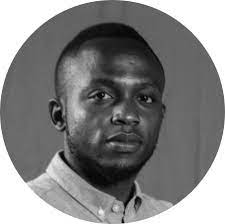What is Mboalab - Artificial Intelligence For Public Health (AI4PH) - Program
The term “Mboa” can have different meanings in several native languages of Cameroonian tribes. For the Matakam in the North, “Mboa” means new; for the Sawa in the Littoral, “Mboa” means village, home. For the Ewondo in the Centre of Cameroon, “Mboa” means one, unique. By association, Mboalab means the house of innovation. Indeed, Mboalab is an open and collaborative space located in Yaoundé, Cameroon. Operating as a research and applied Center for Open Science and Citizen Science, Mboalab was officially opened in December 2017, with the objective to catalyze sustainable local development and improve people’s living conditions through open science. Our main mission is to make biotechnology research and tools more accessible to laboratories in Cameroon and Africa. To achieve this goal, Mboalab is conducting Research & Development programs through its 3 main departments (1-Synthetic Biology; 2- Artificial Intelligence and electromechanics; 3 – Scholarly Communication and Library Science). Today, we are going to talk about one of our core programs: Artificial Intelligence For Public Health (AI4PH). A program launched in 2020 at the Mboalab, under the coordination of Elisée Jafsia. Since then, here are some of our projects.
Open Science to improve Breast Cancer diagnosis through Artificial Intelligence
Cancer is becoming increasingly prevalent among the group of treatable diseases in African countries. In sub-Saharan Africa, only 10% of histopathology needs are met and this is a major barrier to comprehensive management of cancers (1). There is a shortage of clinicians and pathologists available for cancer diagnosis and treatment. One of the critical factors in treatment efficiency is the correct and timely diagnosis of specimens by pathologists. However, there is currently a significant shortage of cancer care clinicians in Africa and an even more considerable shortage of pathologists. In Cameroon, there are 19 pathologists currently in practice for 22,179,707 inhabitants (2). The absolute number of patients with cancer in Cameroon was estimated to be 25,000 cases a year.
Diagnosis of cancer relies on histology in nearly 80% of cases, cytology in 10%, and clinical diagnosis in 10%. There is, therefore, an urgent need to develop a rapid, highly sensitive and diagnostic tool for the diagnosis of cancers, to increase cancer treatment efficacy and reduce overtreatment of tumors clinically suspicious for malignancy.
We propose a hybrid diagnosis method with a deep Learning algorithm applied on hematoxylin and eosin histology slides. Digital microscopy and telepathology were already successfully used to mitigate the lack of pathologists in Cameroon, thus confirming the availability of a robust dataset for our project (1). Following splitting into training, validation and test sets, we will use CNNs as algorithms on the collected images to train the algorithm before deployment and tests. In addition to automated diagnostics, the developed program will have specific features such as sample information storage and tracking software as well as image optimization and analysis tools. The aim of this project is to develop a hybrid diagnosis method combining deep Learning algorithms and Digital microscopy of stained specimens for diagnosis of cancers, breast cancer in particular.
Open-Disease screener
Microscopy of clinical specimens is a rapid and inexpensive method for the presumptive diagnosis of certain infectious diseases. Examination of stained smear gives information on the inflammatory response, as well as the bacteria involved. Accurate interpretation of the smear, however, is often time-consuming, error-prone and requires some training and experience, which limit the access of the method to rural and low-income communities. Infectious disease testing has seen a surge in miniaturization, automation, and increasing computing power, creating a unique opportunity to exploit Artificial Intelligence (AI) and Machine Learning (ML). Thanks to the tight collaboration with the DIDA network and OpenFlexure project, we contributed to the significant progress made toward obtaining a diagnostic tool combining deep Learning Algorithms and microscopy for diseases diagnostic: the OpenFlexure Microscope: a revolutionary, customisable, open-source optical microscope, using high precision mechanical positioning technology, artificial intelligence and inexpensive, 3D printed parts to make Microscopy available for everyone
(https://gitlab.com/openflexure/openflexure-microscope).
Open-source wireless 3D printed Digital Stethoscope.
The high cost of modern stethoscopes remains a significant barrier to physicians and allied health professionals practicing in low- and middle-income countries, where few affordable high-quality options exist. Stethoscopes in general are hard to sterilize resulting in a use model where cheap stethoscopes are acquired by the hospital/clinic and one is assigned to each patient, with every professional who works with that patient using the same stethoscope. This can result in cross contamination as someone touches many stethoscopes. Cheap stethoscopes also wear out quickly and have short hoses, resulting in professionals getting physically closer to the patient than necessary, particularly if they have to put their arm around the patient and listen to positions on the back. The objective is to be able to limit the prolonged contact of the nursing staff with the patient and to have a device which can be placed by the patient but interpreted by the practitioner. 3D technologies have recently proven their efficiency and speed in the medical sector, allowing many projects to see the light of day during the COVID-19 crisis. Faced with the shortage of certain medical equipment and devices, makers, manufacturers, services and players in the 3D printing sector have mobilized to 3D print respirators, protective visors, swabs and connected devices to facilitate medical teleconsultations.In line with this new paradigm, we propose to design an open-source wireless 3D printed Digital Stethoscope.
Platform to link-up medical facilities globally
Hospitals globally offer treatment of various diseases, however, information regarding which hospital can treat a patient of what, and where it is located is a major challenge to both health personnel and patients themselves.
This project is to connect hospitals so as to share resources and information as per the services they offer.
Treatment of patients can be much more facilitated and the referral process made easy given hospitals are able to know which hospitals offer which services and in which location. This will reduce mortality rate, as not only hospitals but patients can search which hospitals offer treatment for which diseases, and the various locations globally. The objective is to develop an open source application where hospitals can sign up, and register the various facilities and services as per their location, and other hospitals can easily refer patients, or patients can easily locate a hospital for each case.
International recognition of our work
– MBOALAB is listed in the 2022-23 IRCAI’s edition of the Global Top 100 AI projects addressing the 17 UN Sustainable Development Goals. IRCAI’S is the International Research Centre on AI under the auspices of UNESCO.
– since 2 years, we have had an Equivalency determination (ED) recognising the Mboalab as equivalent of a U.S. public charity organization.
– Nature Magazine is talking about us in these 02 papers.
Powell, Kendall. « How Junior Scientists Can Land a Seat at the Leadership Table ». Nature 592, no 7854 (13 avril 2021): 475-77. https://doi.org/10.1038/d41586-021-00956-6.
Ravindran, Sandeep. « How DIY Technologies Are Democratizing Science ». Nature 587, no 7834 (19 novembre 2020): 509-12. doi: https://doi.org/10.1038/d41586-020-03193-5
2023 - Data Science for Health Discovery and Innovation in Africa (DS-I Africa) Networking exchange

DOI: 10.5281/zenodo.7879392
Mboalab – Artificial Intelligence For Public Health (AI4PH) – Program
Thomas Hervé Mboa Nkoudou (CEIMIA), Élisée Jafsia (Mboalab), Stéphane Fadanka
(Mboalab), Nana Diapa Yannick (Mboalab), Thérèse Minffih (Mboalab), Andrel Yaka
Nkoudou (AHIOSH), Nathanael Kedmayla (APSOHA)
● CEIMIA: International Centre of Expertise in Montréal on Artificial Intelligence
● APSOHA: Association pour la Promotion de la Science Ouverte en Haïti en Afrique
● AHIOSH: African Higher Institute of Open Science and Hardware
The Researchers
The Partners
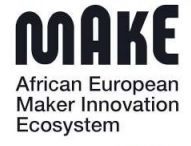
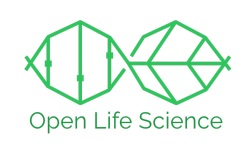
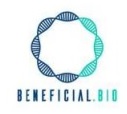
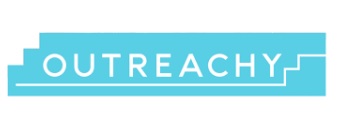

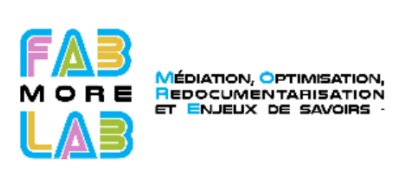
We are open to new collaborations. Do not hesitate to contact us by email (mboalab@gmail.com) or by visiting
our:
● Website: www.mboalab.net
● GitHub pages: https://github.com/Mboalab, https://github.com/jafsia
● Twitter: @Labmboa
● Linkedin (https://www.linkedin.com/company/mboalab/mycompany/?viewAsMember=true).


